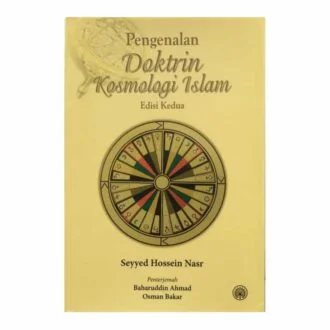The Political Aspects of Avicenna’s General Theory of Cosmology and the Human Soul concerned with the political philosophy of Ibn Sina based on his formulation in the tenth maqāla of Shifā’, then the al-Siyāsa and the al-Ishārāt wa Tanbihāt. Ibn Sina is not normally thought of as having contributed much to the area of political theory, as did his predecessor al-Farabi. He did, however, have a political theory, which he set out routinely as part of his general philosophical system. The basic elements of his theory can be found in the tenth maqāla of the metaphysics of the Shifā’. Some of these elements are restated in the Najāt. A small part of the general theory, particularly the description of management of the household, is developed and enlarged in the treatise known as Kitāb al-Siyāsa. The elements of the theory are presented again in the late work known as Kitāb al-Ishārāt wa Tanbihāt, but his attention here is mainly focused on the process of the soul toward mystical union with God. This last work however projects a slightly different version compared to the Shifā’, the Najāt, and the Siyāsa.
The present work analyses in Part I the relevant text of the Shifā’. That analysis is carried out in great detail in order to establish what are the elements of the theory and to demonstrate how Ibn Sina’s concept of good government is intimately linked to his cosmology and to his theory of prophecy. Part II of the present work offers an analysis based on Kitāb al-Siyāsa, which contains six chapters. This work functions as an elaboration of a general theory of household management highlighted in the Shifā’. This study then offers a more succinct discussion of the relevant issues in the al-Ishārāt wa Tanbihāt with the purpose of showing the similarities and differences between the Shifā’ and the al-Siyāsa. Attention is also given to the relationship of his political theory with the Greek tradition, particularly Plato and Aristotle.











Reviews
There are no reviews yet